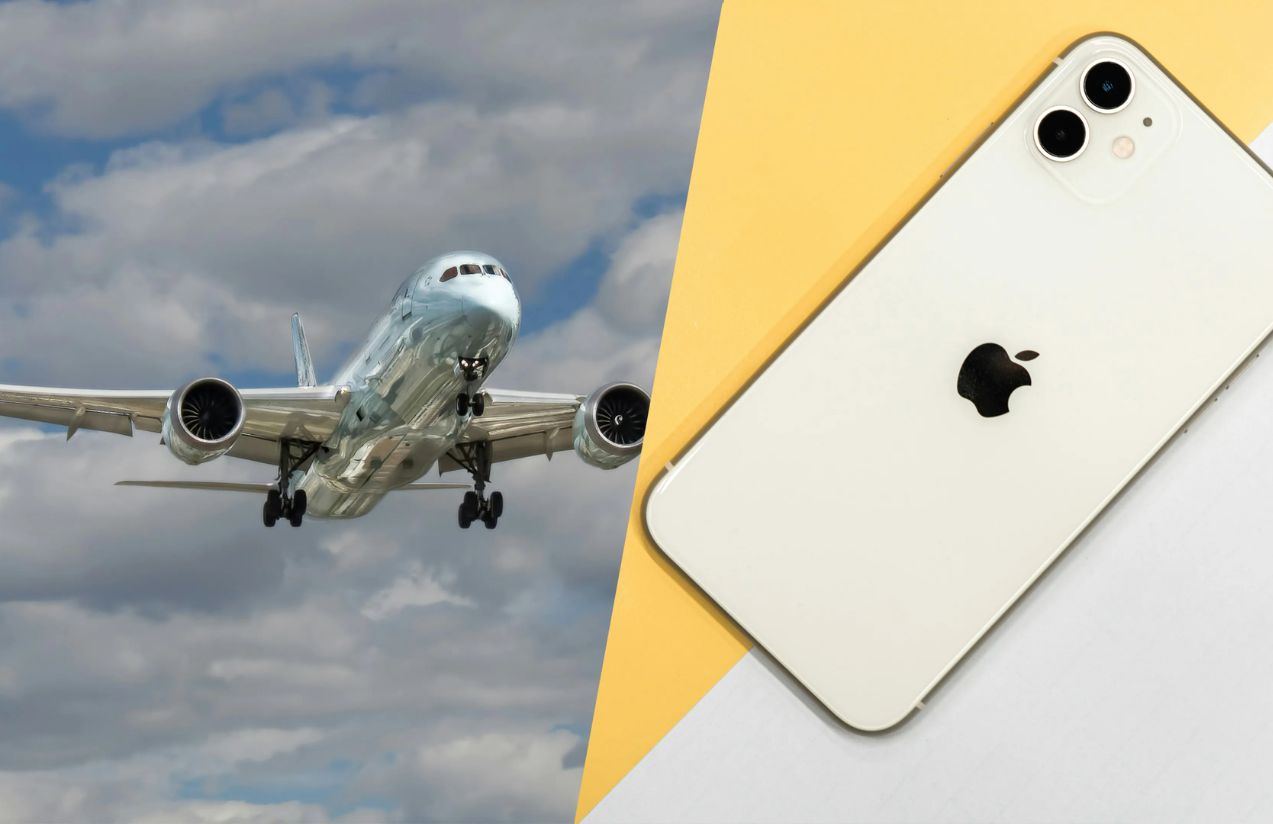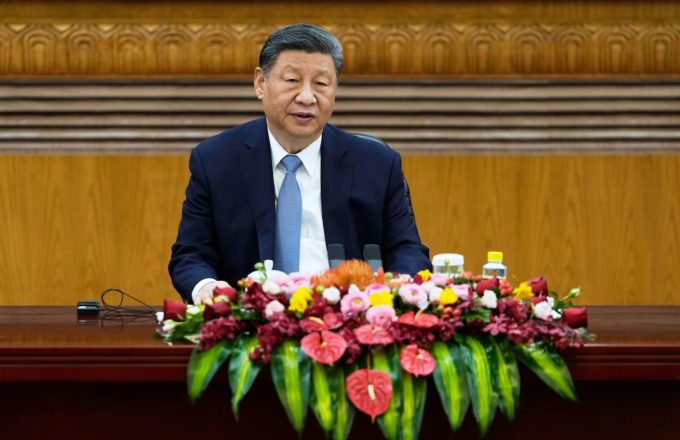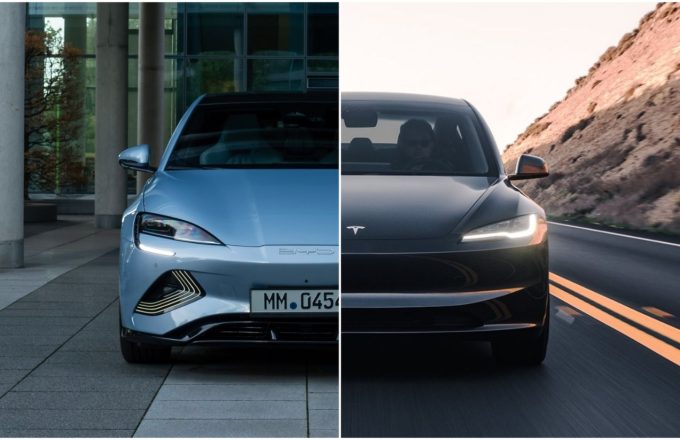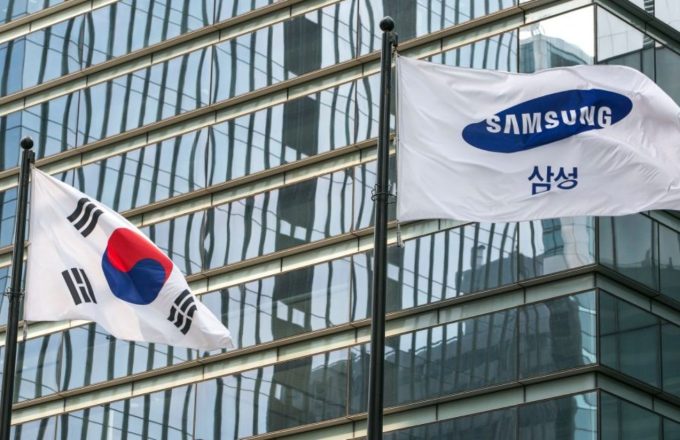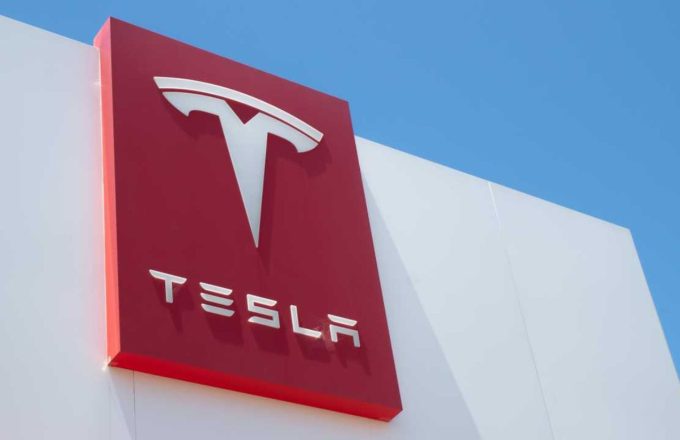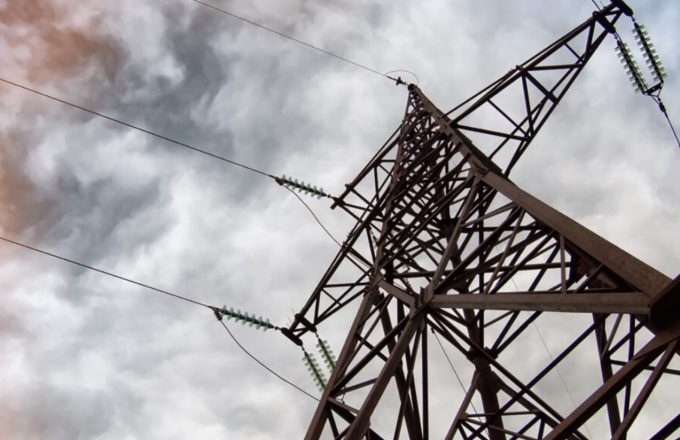Apple reportedly chartered cargo flights to transport around 600 tons of iPhones — roughly 1.5 million units — from India to the United States in an effort to sidestep steep tariffs imposed by the Trump administration, according to sources cited by Reuters.
The move offers a rare glimpse into the U.S. tech giant’s behind-the-scenes strategy to navigate trade tensions with China and secure iPhone inventory in one of its most important markets.
Experts warn that iPhone prices in the U.S. could surge due to Apple’s heavy reliance on manufacturing in China, which is now subject to the highest Trump-era tariff rate of 125%. In contrast, Indian exports face a 26% tariff — though that rate was temporarily suspended following a 90-day trade truce announced this week, which notably excludes China.
“Apple wanted to dodge the tariff,” said one source familiar with the logistics. According to the source, the company pressured airport authorities in Chennai — located in the southern Indian state of Tamil Nadu — to reduce customs clearance times from 30 hours to just six. The expedited process mirrors the “green channel” system Apple uses at some Chinese airports.
Since March, at least six cargo planes — each with a 100-ton capacity — have reportedly flown from India to the U.S. One of those flights took off earlier this week, coinciding with the implementation of the new tariffs, the source and an Indian government official said.
According to Reuters, an iPhone 14 and its charging cable weigh about 350 grams. This suggests that the 600-ton shipment likely contained around 1.5 million devices, including packaging.
As reported by The Wall Street Journal, Apple could be on track to meet up to 50% of U.S. iPhone demand from Indian production this year, depending on how tariffs evolve and how much capacity India can ramp up.
Apple and India’s Ministry of Civil Aviation did not respond to requests for comment. All sources requested anonymity due to the confidential nature of the strategy and discussions.
Apple sells more than 220 million iPhones globally each year. Research firm Counterpoint estimates that about 20% of U.S. iPhone imports now come from India, with the rest still originating from China.
The Trump administration has steadily raised tariffs on Chinese goods, with the latest hike raising the rate from 54% to 125% this week. Under the previous rate, the U.S. price of Apple’s high-end iPhone 16 Pro Max — currently at $1,599 — could have soared to $2,300, according to projections from Rosenblatt Securities.
India is quickly emerging as a key strategic alternative for Apple’s manufacturing operations, offering lower tariffs and more favorable conditions compared to China amid mounting trade pressure.


